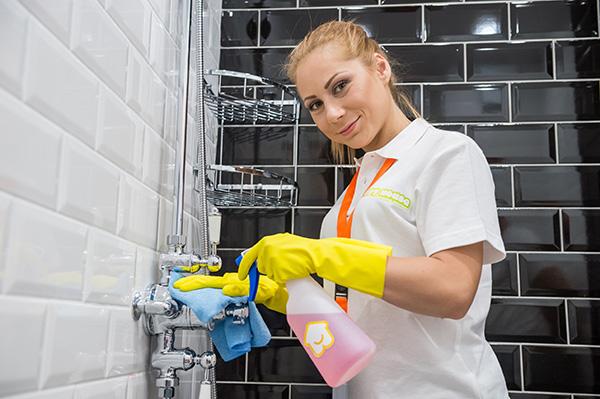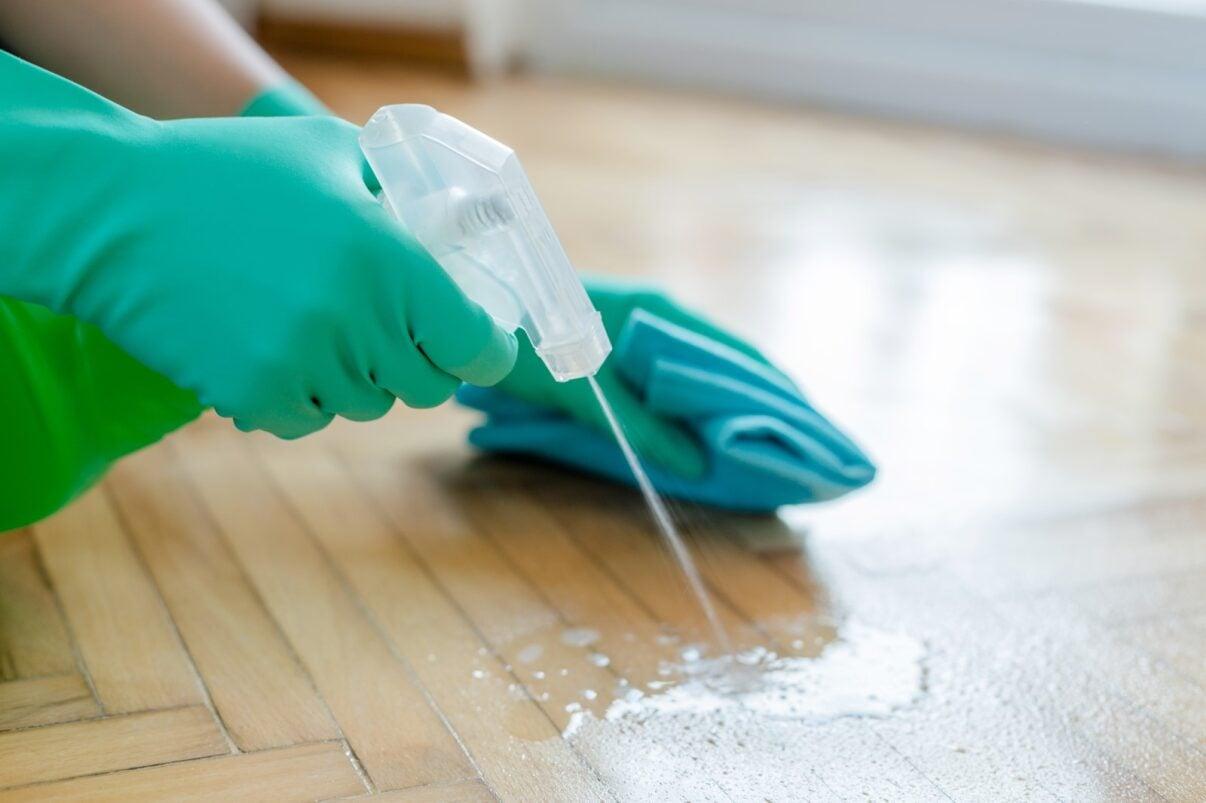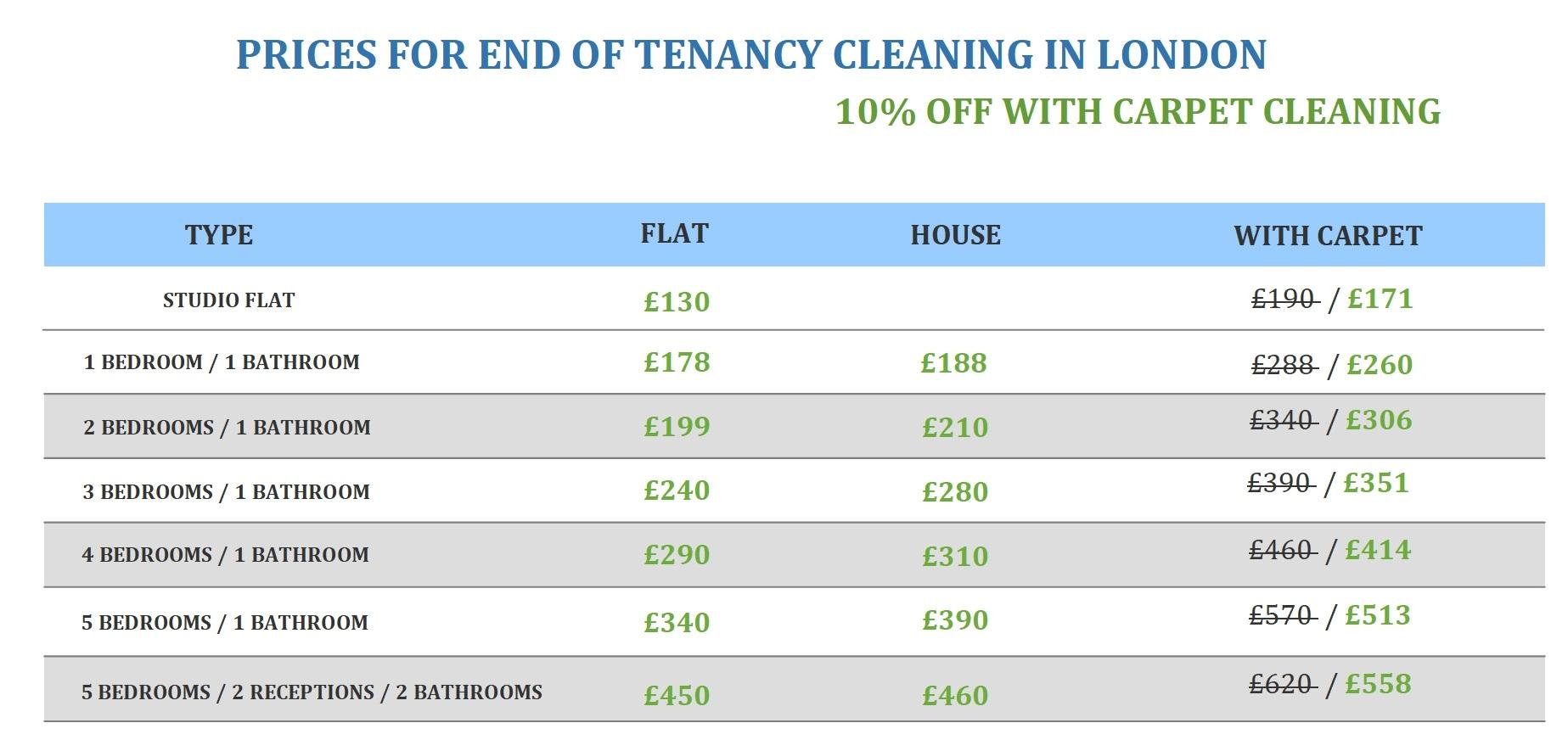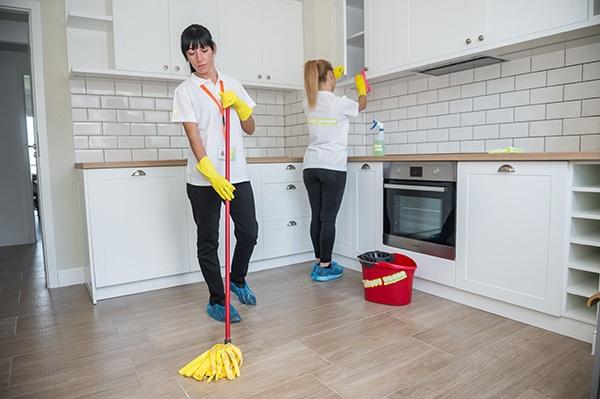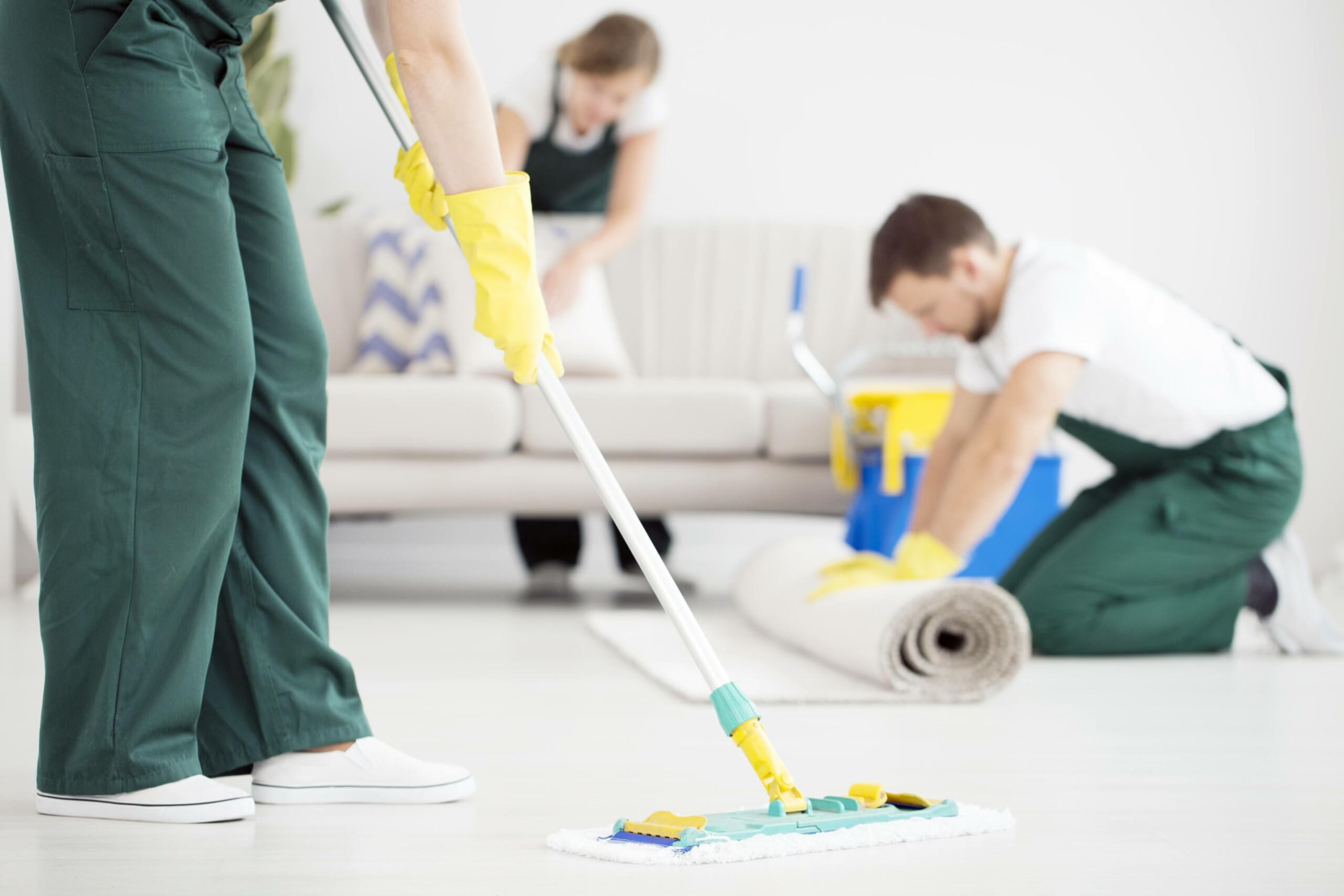
The image of a spotless hallway or a gleaming kitchen often hides the complex ecosystem behind it. In the UK, house cleaning service spans everything from sole traders with a loyal local client base to national franchises and on-demand platforms. Weekly maintenance cleans, deep spring overhauls, end-of-tenancy work, post-builders dust-downs, and specialist care for stone, wood, or upholstery all sit under the same umbrella-shaped by shifting routines, hybrid work, urban density, and the rise of short-term lets.
Choosing a cleaner is rarely as simple as picking a time slot. Households weigh hourly versus fixed-fee pricing, whether supplies are included, the use of eco-certified products, insurance and DBS checks, cancellation policies, and how to communicate expectations. Costs vary by region, with London typically commanding a premium, and while there’s no single licensing scheme, health and safety rules, COSHH guidance for chemicals, and tax and employment status considerations all inform how the sector operates.
This article explores the landscape of UK house cleaning service: what’s available, what it costs, how to assess providers, and what to expect from that first visit-so the shine on the surface reflects sound choices underneath.
Table of Contents
- The UK House Cleaning Landscape and How Agencies Differ from Independent Cleaners
- What to Check Before Booking Proof of Public Liability Insurance DBS Vetting Supplies and Cancellation Terms
- Pricing That Makes Sense Typical Regional Rates Add Ons and How to Avoid Surprise Fees
- Smarter Scheduling and Sustainability Weekly Plans Task Checklists and Eco Friendly Products That Work
- In Retrospect
The UK House Cleaning Landscape and How Agencies Differ from Independent Cleaners
From London’s premium-price postcodes to quieter shires, the market spans one-off deep cleans, end-of-tenancy turnarounds, and regular weekly upkeep. Larger outfits tend to deliver structured scheduling, DBS-vetted teams, and public liability insurance baked into the service, often with a satisfaction guarantee. Solo professionals, by contrast, bring a personal touch, flexible hours, and the ability to customise routines around your home’s quirks-often at leaner rates. You’ll also notice regional nuance: Greater London bears the highest averages, while cities across the Midlands and North see more moderate pricing. For eco-minded households, both models increasingly offer green products and low-fragrance options, though agencies usually standardise them across their roster.
| Aspect | Agencies | Independent |
| Pricing | Set bands + fees | Negotiable, lean |
| Vetting | DBS + references | Varies by cleaner |
| Insurance | Included | Ask to confirm |
| Cover | Backup staff | Limited cover |
| Consistency | Policies + checklists | Personal routine |
| Specialist kit | Provisioned | Discuss upfront |
- Need reliability fast? Agencies excel at replacements and fixed slots.
- Want the same person every time? Independents often offer stronger continuity.
- Strict compliance (keys, alarms, COSHH)? Agencies tend to be process-led.
- Budget-sensitive or niche methods? A solo pro may tailor and price keenly.
Match the provider to your scenario: landlords and short-let hosts often prefer agency speed and guarantees for check-out cleans, while busy families may favour a dedicated solo cleaner who learns preferences-like pet-safe products or allergy-friendly routines. Always verify insurance, request references, and clarify what’s included (ovens, inside fridges, limescale, windows). Ask about cancellation terms, key-holding, and arrival time windows; in major cities you’ll pay a convenience premium, while suburban routes can be more forgiving. A trial clean with a clear brief and a quick post-visit review-ideally with photos or a checklist-helps set expectations and locks in a routine that keeps your home consistently fresh, orderly, and low-effort.
What to Check Before Booking Proof of Public Liability Insurance DBS Vetting Supplies and Cancellation Terms
Before you confirm a slot, ask for current insurance documents and vetting details so you know exactly who is entering your home and how you’re protected. Request a digital certificate of public liability cover that clearly shows the insurer, policy number, expiry date, and limit of indemnity (many reputable cleaners carry £1-£5 million). If you keep keys with a provider, look for key/lock cover and treatment risk (damage caused by cleaning products) as extensions. For vetting, clarify whether cleaners are employees or subcontractors, the level of DBS check (Basic or Enhanced), the issue date, and how identity is verified on arrival.
- Proof of cover: Insurer name, policy number, expiry, and coverage limit.
- Named entity: The insured name should match the trading or company name on your invoice.
- Extensions: Accidental damage to items worked on, key/lock cover, treatment risk.
- DBS details: Level (Basic/Enhanced), date issued (ideally within 12 months), photo ID match on arrival.
- Data handling: How documents are stored and who can view them (GDPR-aware process).
| Topic | Ask For | Ideal Answer |
|---|---|---|
| Insurance limit | Certificate | £1m-£5m, in-date |
| DBS | Level & date | Basic/Enhanced, recent |
| Key cover | Policy wording | Included |
| Treatment risk | Endorsement | Included |
Clarity on supplies and cancellations prevents last‑minute surprises. Confirm whether the cleaner brings equipment (vacuum, mop, microfibre cloths) and consumables (eco detergents, limescale remover), or if you’re expected to provide them. Ask about allergy‑safe and pet‑friendly options, plus what happens if equipment fails on the day. For scheduling, check the arrival window, minimum booking length, parking/congestion charges, and how deposits, late cancellations, and reschedules are handled so you know the cost of changing plans.
- Supplies: Who provides products/equipment; brand or eco standards; PPE usage.
- Special requests: Surface-specific products (marble, wood), fragrance-free options.
- Cancellation window: Notice period (e.g., 24-48 hours) before fees apply.
- Reschedules: Free within notice period; clear process via app/email.
- Fees & refunds: Minimum charge, no-show policy, deposit terms, bank holiday surcharges.
Pricing That Makes Sense Typical Regional Rates Add Ons and How to Avoid Surprise Fees
Transparent pricing starts with clarity on time, tasks and location. In the UK, rates usually hinge on property size, frequency and whether you need a routine spruce-up or a detail-heavy deep clean. Expect a modest discount for weekly or fortnightly bookings, while one-off appointments and move-out cleans sit higher due to extra time and supplies. Use the guide below to benchmark local quotes and spot outliers at a glance.
| Region | Standard (per hour) | Deep (per hour) |
|---|---|---|
| London | £18-£25 | £25-£35 |
| South East | £16-£22 | £22-£30 |
| Midlands | £15-£20 | £20-£28 |
| North of England | £14-£19 | £19-£26 |
| Scotland | £14-£19 | £19-£26 |
| Wales & N. Ireland | £14-£18 | £18-£25 |
Add-ons can tailor the result without inflating the bill-provided you know what’s extra. Ask for an itemised quote, confirm minimum hours and check if VAT is included. To keep costs predictable, be upfront about pets, parking and access. The quick checklists below help you budget with confidence.
- Popular add-ons: oven £20-£40; fridge/freezer £10-£25; inside windows £8-£20; carpet (per room) £20-£35; upholstery (per seat) £8-£15; limescale/descaling £10-£25; eco products +£2-£5/visit; end-of-tenancy (1-bed) from £120.
- Avoid surprise fees: request a written scope (rooms, tasks, supplies); confirm minimum hours and team size; disclose stairs/lift and clutter level; verify parking/ULEZ handling; ask about weekend/evening rates; share photos for a fixed price; check cancellation window and keyholding terms; ensure VAT is clearly shown.
Smarter Scheduling and Sustainability Weekly Plans Task Checklists and Eco Friendly Products That Work
Plan once, glide all week by batching rooms into zones and pairing tasks with the times they’re easiest and most energy‑efficient: daylight for streak‑free glass, quiet hours for low‑noise dusting, off‑peak tariffs for laundry at 30°C. Keep a slim caddy per floor so supplies travel with you, and time‑block short sprints (10-20 minutes) that fit between the school run and supper. Align routines with bin day, leave doors and windows ajar for a few minutes to refresh air naturally, and embrace low‑waste habits-microfibre cloths that last hundreds of washes, refillable sprays, and concentrated solutions that cut plastic and cupboard clutter.
- Weekly cadence: Mon Linens • Tue Kitchen • Wed Bathrooms • Thu Living Areas • Fri High‑touch Points • Sat Floors & Declutter • Sun Reset.
- Time‑savers: Pre‑soak as you tidy, stage “drop spots” for clutter, set a two‑song timer per zone.
- Energy‑smart: Air‑dry on racks, wash at 30°C, vacuum slowly once rather than fast twice, open windows for natural deodorising.
- Green kit that works: Castile soap (multi‑surface), bicarbonate of soda (odours, gentle scrub), white vinegar (glass, limescale-avoid on stone), citric acid (kettle/showerhead), oxygen bleach for whites, plant‑based washing‑up liquid, durable microfibre, bamboo brushes.
Make every minute count with crisp checklists: wipe, swish, and sweep for dailies; rotate textiles and detail dusting for weeklies. Keep it surface‑safe and planet‑kind by using the right tool for the job-vinegar for taps and glass, citric acid for kettles, bicarbonate pastes for grout, castile soap for general wipe‑downs-while skipping harsh fragrance and single‑use wipes. Store refills in labelled amber bottles, jot your zone plan on the fridge, and let the routine do the remembering so your home stays calmly clean without heavy chemicals or heavy lifting.
| Room | 5‑min | Weekly deep | Eco pick |
|---|---|---|---|
| Kitchen | Clear & wipe tops | Degrease hob; descale kettle | Castile + microfibre; citric acid |
| Bathroom | Squeegee shower | Grout scrub; taps de‑scale | Vinegar (not on stone); bicarb |
| Living | Tidy soft surfaces | Vacuum under sofa | Plant‑based spray; dry dust |
| Bedroom | Air duvet; clear sides | Wash linens; vacuum mattress | Oxygen bleach; fragrance‑free |
In Retrospect
From Glasgow tenements to Cornish cottages, UK house cleaning services now span everything from one-off deep cleans to meticulous, recurring upkeep. The best fit isn’t the most expensive or the most popular; it’s the one aligned with your rooms, rhythms, and standards.
A measured choice usually rests on a few steady checks: clarity on scope and frequency, who supplies materials, and whether eco-friendly products are available; proof of insurance and, where appropriate, DBS checks; transparent pricing, cancellations, and satisfaction policies; and whether you’re hiring a self-employed cleaner or booking through an agency. A short trial, a simple brief, and agreed priorities often say more than a brochure ever could.
In the end, a good cleaning service should be like good lighting-noticed when it’s right, invisible once it’s set. If it returns your weekday to you, keeps allergens at bay, or merely tames the post-storm footprints, that may be enough. Define what “clean” means in your home, communicate it plainly, and let the rest be routine. The floors will still shine, the kettle will still boil, and your time can go where it counts.

